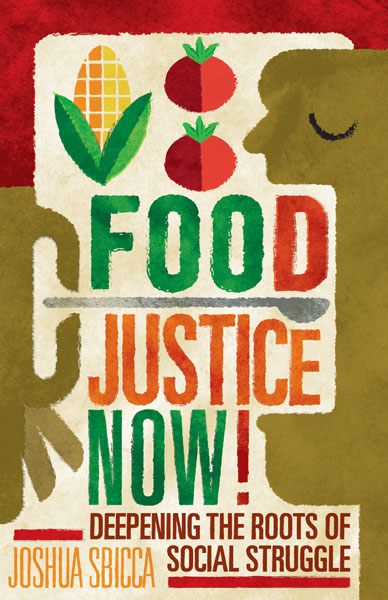(Re)orienting Food Activism toward Social Justice
DOI:
https://doi.org/10.5304/jafscd.2019.091.004
Keywords:
Food Justice, Food Activism, Immigration, Neoliberalism, CapitalismAbstract
First paragraph:
A fitting place to begin a discussion about Joshua Sbicca’s new book, Food Justice Now!, is with a story he shares near the middle of the book, where readers are introduced to a progressive farm situated along the U.S.-Mexico border. Wild Willow offers education for new organic farmers, provides healthy food to local consumers, hosts community gatherings, and practices non-wage exchange for labor—approaches considerably more sustainable and community-oriented than those typically used in our current food system. The farm stops short, however, of inserting itself into any kind of movement to support the rights of those migrant workers who perilously navigate the border on which the farm sits or to advocate for humane immigration reform. In so doing (and in not so doing), Wild Willow provides alternatives for local growers and consumers, but it does not confront the systems that dictate and limit the range of what those alternatives can look like. As such, the farm and the border it is situated upon are a powerful metaphor for this book’s message. While most food-based activism does not take place in the literal face of racialized, economic, and political borders, it always does so in a figurative sense. Food activism ignores this to the detriment of social justice. So, what does it take to cross these boundaries, and why aren’t more food activists doing so? What does it look like when they do, and what has this looked like historically? A central purpose of this book is to answer these questions. In the process, it offers a constructive and hopeful challenge to movements narrowly focused on issues such as health or the environment to aim higher at social justice. . . .
See the press release for this article.
Metrics

Downloads
Published
How to Cite
License
Copyright (c) 2019 The Author

This work is licensed under a Creative Commons Attribution 4.0 International License.
The copyright to all content published in JAFSCD belongs to the author(s). It is licensed as CC BY 4.0. This license determines how you may reprint, copy, distribute, or otherwise share JAFSCD content.











